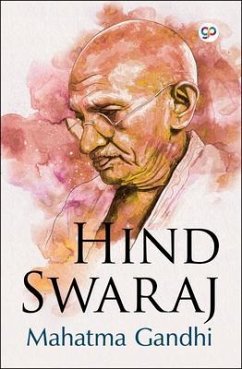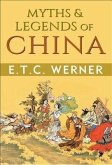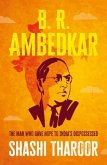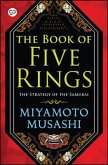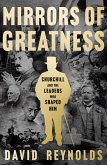Written almost hundred years ago, Hind Swaraj continues to be relevant even today and is a primer for those seeking to understand the concept and true meaning of freedom. It was in this book that Gandhi for the first time formally expounded and explained his concept of Swaraj and the means that should be employed for its attainment. Answers to questions such as 'What is freedom?' and 'How to achieve it?' provide an insight into the workings of the mind of the man who ultimately went on to become Mahatama.
ABOUT THE AUTHOR:
Mohandas Karamchand Gandhi, was the prominent figure in the freedom struggle in India from the British rule. He is also known as the 'The Father of the Nation', in India.
The author has written a number of books and some of them include Character & Nation Building, India of My Dreams, and All Men are Brothers.
The author was born on the 2nd of October, 1869, in Porbandar, Gujarat. In the year 1942, he played a key role in launching the Quit India movement, which was intended at forcing the British to leave the nation. As a result of launching this movement, he was thrown in prison and remained there for several years, due to other political offenses allegedly committed by him. At all times, he practised satyagraha, which is the teaching of non-violence. As the British rule ended, he was saddened by India's partition, and tried his best to bring peace among the Sikhs and Muslims. On the 30th of January, 1948, Mahatma Gandhi was shot dead by a Hindu nationalist, for allegedly being highly concerned about the nation's Muslim population.
ABOUT THE AUTHOR:
Mohandas Karamchand Gandhi, was the prominent figure in the freedom struggle in India from the British rule. He is also known as the 'The Father of the Nation', in India.
The author has written a number of books and some of them include Character & Nation Building, India of My Dreams, and All Men are Brothers.
The author was born on the 2nd of October, 1869, in Porbandar, Gujarat. In the year 1942, he played a key role in launching the Quit India movement, which was intended at forcing the British to leave the nation. As a result of launching this movement, he was thrown in prison and remained there for several years, due to other political offenses allegedly committed by him. At all times, he practised satyagraha, which is the teaching of non-violence. As the British rule ended, he was saddened by India's partition, and tried his best to bring peace among the Sikhs and Muslims. On the 30th of January, 1948, Mahatma Gandhi was shot dead by a Hindu nationalist, for allegedly being highly concerned about the nation's Muslim population.
Dieser Download kann aus rechtlichen Gründen nur mit Rechnungsadresse in A, D ausgeliefert werden.

